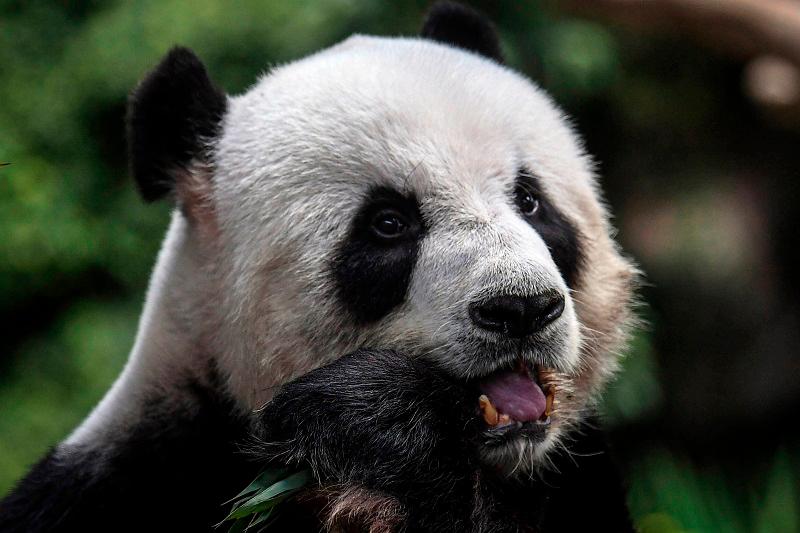KUALA LUMPUR: The “Panda Diplomacy” that strengthened bilateral relations between Malaysia and China has brought significant benefits through several recognitions to Malaysia, besides enhancing the reputation of Zoo Negara.
Through the presence of the giant pandas Fu Wa and Feng Yi lent by China to Malaysia on May 21, 2014, in celebration of the 40th anniversary of diplomatic relations, this pair subsequently gave birth to three cubs: Nuan Nuan on August 18, 2015, Yi Yi on January 14, 2018, and Sheng Yi on May 30, 2021.
The pair Fu Wa and Feng Yi, born on August 23, 2006, at the Wolong Panda Centre, Sichuan, China, were renamed Xing Xing and Liang Liang.
Deputy President of Zoo Negara Rosly @ Rahmat Ahmat Lana, in a recent meeting with Bernama, said that the birth of the three panda cubs in the country set a world record.
According to Rosly, most mammals like those in Singapore and Thailand are not born naturally.
“Panda cubs born here bring a good reputation to Zoo Negara because within a short period, just one year, Nuan Nuan was born at the Giant Panda Conservation Centre (GPCC) of Zoo Negara.
“We are proud not only for being the fastest in the world but also for having three in 10 years, which is a world record,“ he said.
Rosly mentioned that looking at the success recorded and the dedication of the GPCC team to ensure the mammals are well cared for, the Chinese government also recognised Zoo Negara as one of the best giant panda conservators in the world.
“GPCC, worth RM25 million, was completed in nine months to ensure that the pandas were placed in a location almost identical to their country of origin.”
“The Chinese government also praised the facilities at GPCC and the expertise of the staff as among the best in the world,“ he said, adding that the average visitors from China were also amazed by the facilities at the location.
Asked about the ‘secret’ of the giant pandas successfully giving birth in Malaysia despite the differences in location and weather compared to China, Rosly did not rule out the possibility that the mammals are comfortable at GPCC.
“Liang Liang had also given birth before, so the mammal is indeed fertile. Moreover, both pandas at GPCC appear very comfortable and happy in that location,“ he said.
Reflecting on the approval process to loan both pandas, Rosly said it was obtained in a very short period of only two months.
“To obtain approval requires not less than six to eight years, for example, the United States needs 30 years, Thailand six to seven years, and Indonesia needs to wait eight years.
“However, because of Malaysia’s close relationship, our application was approved within two months,“ he said.
Rosly also expressed gratitude because the presence of the giant pandas has made Zoo Negara a popular attraction, and thus help collect ticket sales.
“Before 2014, Malaysians who wanted to see pandas up close had to spend a lot either by going to Singapore or China.
“So when Xing Xing and Liang Liang arrived, many came to Zoo Negara to see pandas up close. This continued for two to three years until we had to limit the time and number of visitors at GPCC during that time,“ he said.
Asked about the status of the contract for the giant pandas, which will expire at the end of this month, Rosly said Zoo Negara has not been informed whether the agreement will be extended or not.
However, Rosly said with nearly 10 years of experience, the GPCC Zoo Negara team is always prepared if the contract is extended.
“But the contract cannot be extended for too long because Xing Xing and Liang Liang are already 18 years old.
“Usually, the lifespan of pandas living freely in the wild is under 20 years, while pandas exhibited can reach the age of 25,“ he said.









